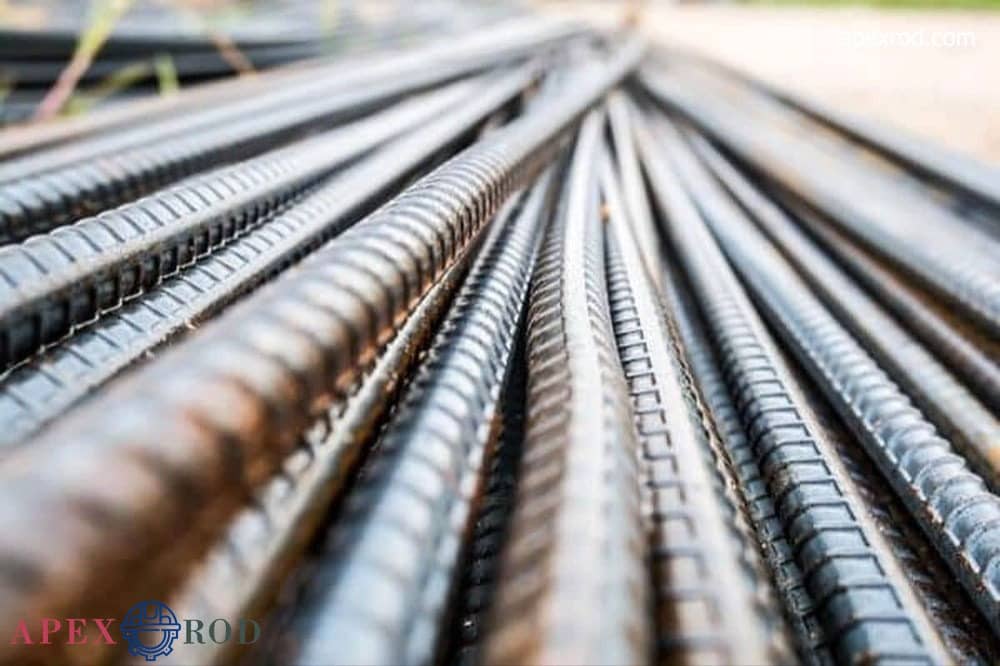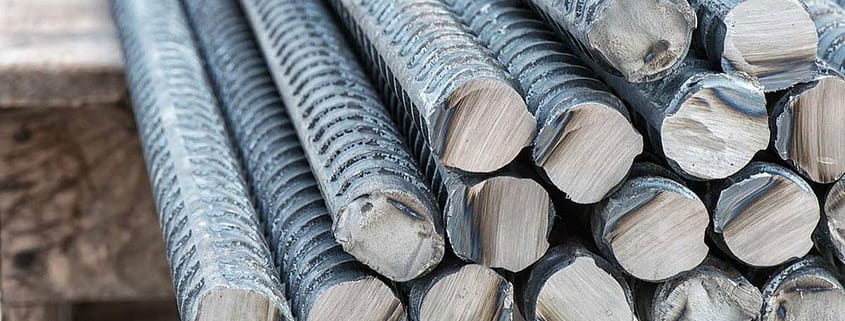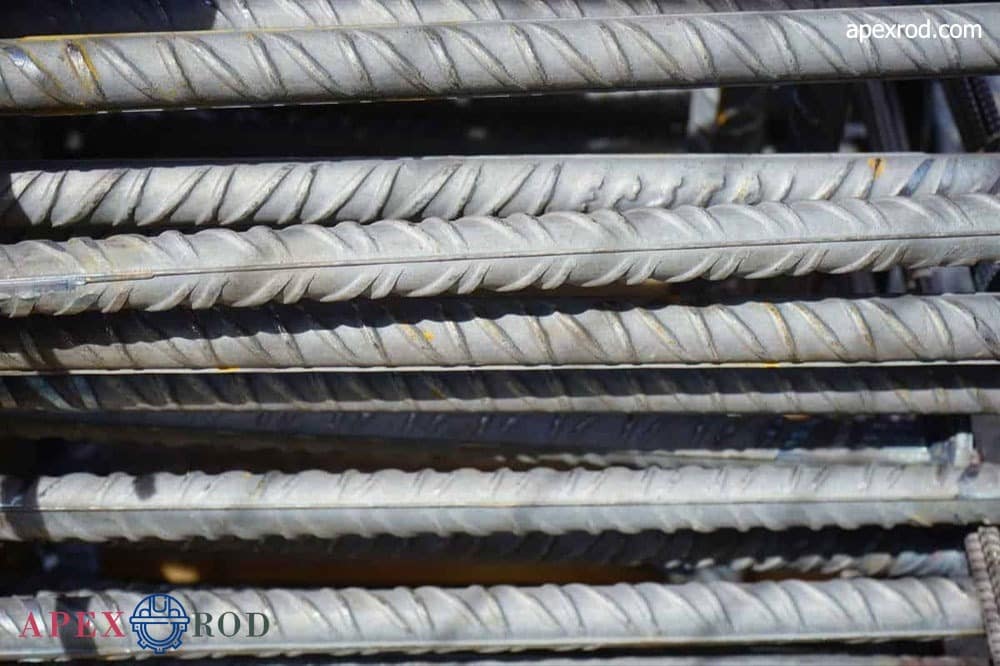Steel Rebar Types
In the realm of construction, the significance of steel rebar cannot be overstated. As a critical material used in reinforcing concrete, the type of rebar chosen can significantly impact the integrity and durability of a structure. At Apexrod, we specialize in providing a wide range of high-quality steel rebars to meet diverse construction needs. This comprehensive guide aims to elucidate the different types of steel rebar available, their unique properties, and their applications in construction.
Types of Rebar Used in Construction
Steel rebar, integral to building and construction, comes in various forms, each designed for specific uses. Here are some of the most common types:
Carbon Steel Rebar: This is the most commonly used rebar due to its strength and flexibility. Ideal for standard buildings, bridges, and roads, it provides the necessary tensile strength to support these structures.
Welded Wire Fabric: Often used in slabs and walls, this mesh of steel wires provides uniform strength and is excellent for controlling concrete cracking.
Epoxy-Coated Rebar: A type of carbon steel rebar coated with a protective layer of epoxy to prevent corrosion. This is particularly useful in structures that are exposed to corrosive environments like saltwater.
Galvanized Rebar: Zinc-coated to fend off corrosion, galvanized rebar is a step up from epoxy-coated rebar in terms of durability.
Stainless Steel Rebar: Though more expensive, it offers the best resistance against corrosion. Its use is essential in highly corrosive environments or in projects where longevity is a prime concern.
Each type of rebar has its own set of benefits and is selected based on the environmental conditions and the specific demands of the construction project.

Types of Reinforcement Bars in Concrete
The reinforcement bars (rebar) in concrete play a vital role in the strength and stability of a structure. There are various types of rebar tailored for different concrete applications:
Deformed Bars: These are the most widely used type of rebar, recognizable by their ridged surface. The ridges provide better adhesion to concrete, making them ideal for most applications.
Plain Bars: As the name suggests, these bars have a smooth surface. They are typically used in areas where the rebar is not primarily relied upon for tensile strength, such as in pavements.
European Rebar: Made with manganese, European rebar has higher tensile strength but is less resistant to corrosion. It is commonly used in areas where high strength is more critical than durability against corrosion.
Selecting the correct type of rebar for a concrete project is critical. It depends on the structural requirements, exposure conditions, and longevity expectations of the project.
Difference Between T and Y Rebar
Understanding the difference between T and Y rebar shapes is crucial in specific construction scenarios:
T Rebar: This rebar is shaped like the letter ‘T’ and is used in situations where a stronger bond with concrete is necessary. Its unique shape provides a larger surface area for bonding.
Y Rebar: Y-shaped rebar is used to interlock different elements within a concrete structure, offering enhanced reinforcement and stability.
The choice between T and Y rebar depends on the specific structural needs of a construction project.
Advancements in Rebar Technology
The field of rebar manufacturing has seen significant advancements over the years. New technologies and materials have led to the development of more durable, efficient, and environmentally friendly rebar options. These advancements include the use of composite materials like fiberglass in place of traditional steel, offering superior resistance to corrosion without the added weight or cost of stainless steel.
In conclusion, selecting the appropriate type of steel rebar is a crucial decision in any construction project. At Apexrod, we pride ourselves on our expertise and the quality of our steel rebar products. We invite you to explore our range of products and contact us for your construction needs, ensuring the success and longevity of your projects.
Comparing the Strength and Flexibility of Different Rebars
In this section, we explore how the strength and flexibility of different types of steel rebars vary and why these properties are crucial for specific construction applications. The power and flexibility of a rebar determine its ability to support and distribute loads, as well as its performance under various environmental conditions.
1. Carbon Steel Rebars: These are known for their high tensile strength, making them suitable for heavy load-bearing structures. However, they are less flexible compared to other types, which can be a limitation in seismic zones.
2. Welded Wire Fabric: While offering moderate tensile strength, welded wire fabric excels in its flexibility. It’s particularly effective in distributing loads evenly in concrete, which is essential for surfaces like roads and floors.
3. Epoxy-Coated Rebars: These have similar strength characteristics to carbon steel rebars but offer better corrosion resistance. The epoxy coating, however, can reduce flexibility slightly.
4. Stainless Steel Rebars: These combine high strength with significantly better corrosion resistance than carbon steel. They are also more flexible, making them ideal for structures exposed to corrosive environments or those requiring a degree of bendability.
5. Galvanized Rebars: Galvanized rebars offer good strength and enhanced corrosion resistance due to the zinc coating. The galvanization process can, however, reduce flexibility.
6. European Rebars (Manganese-Bearing): These are known for their high flexibility due to the presence of manganese, making them suitable for applications where bending and shaping of the rebar are required.
Understanding the balance between strength and flexibility is critical when selecting the correct type of rebar for a construction project. High-strength rebars are essential for structural integrity, especially in high-rise buildings and large infrastructure projects. In contrast, flexible rebars are crucial in areas prone to seismic activity or where the concrete will be subject to varying stresses.



Leave a Reply
Want to join the discussion?Feel free to contribute!